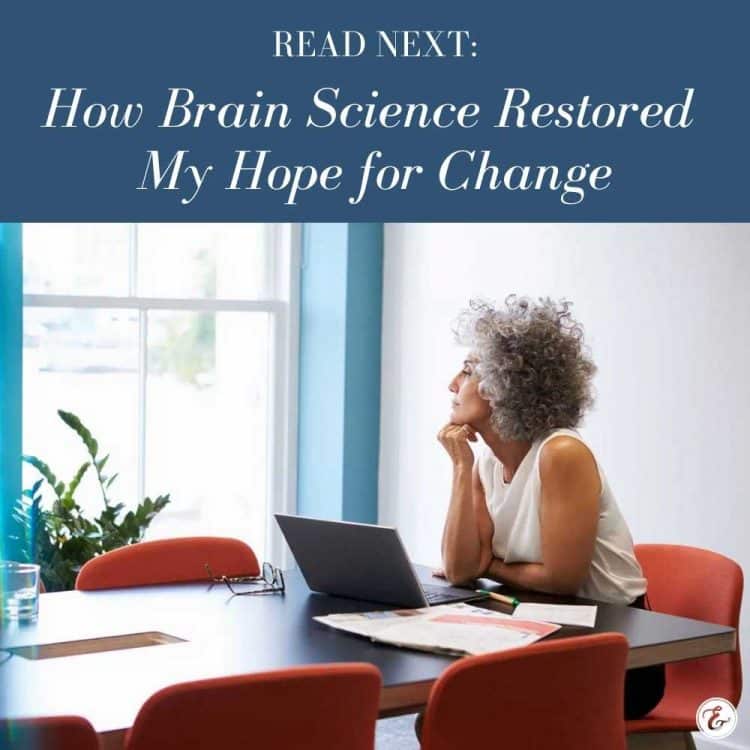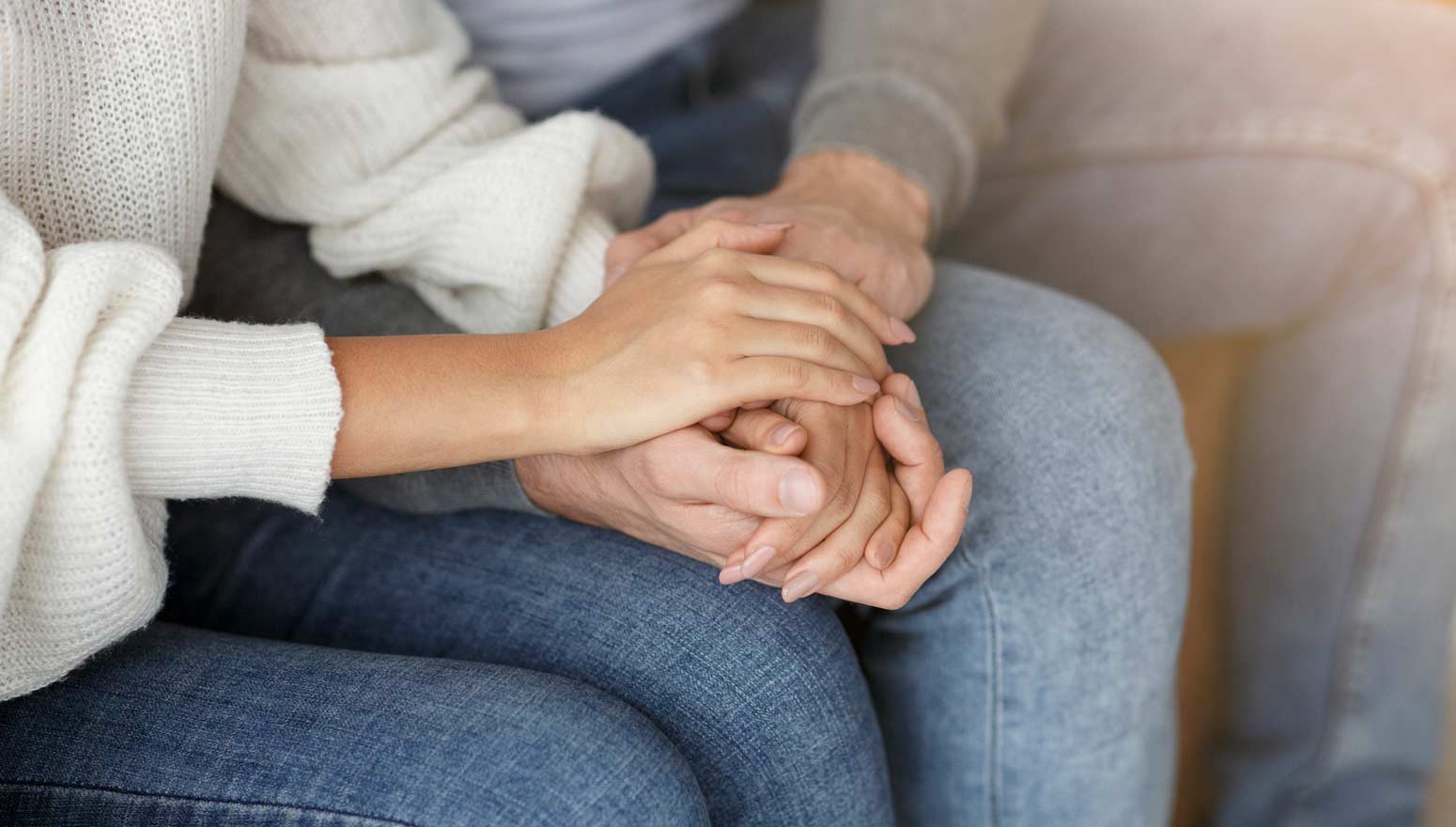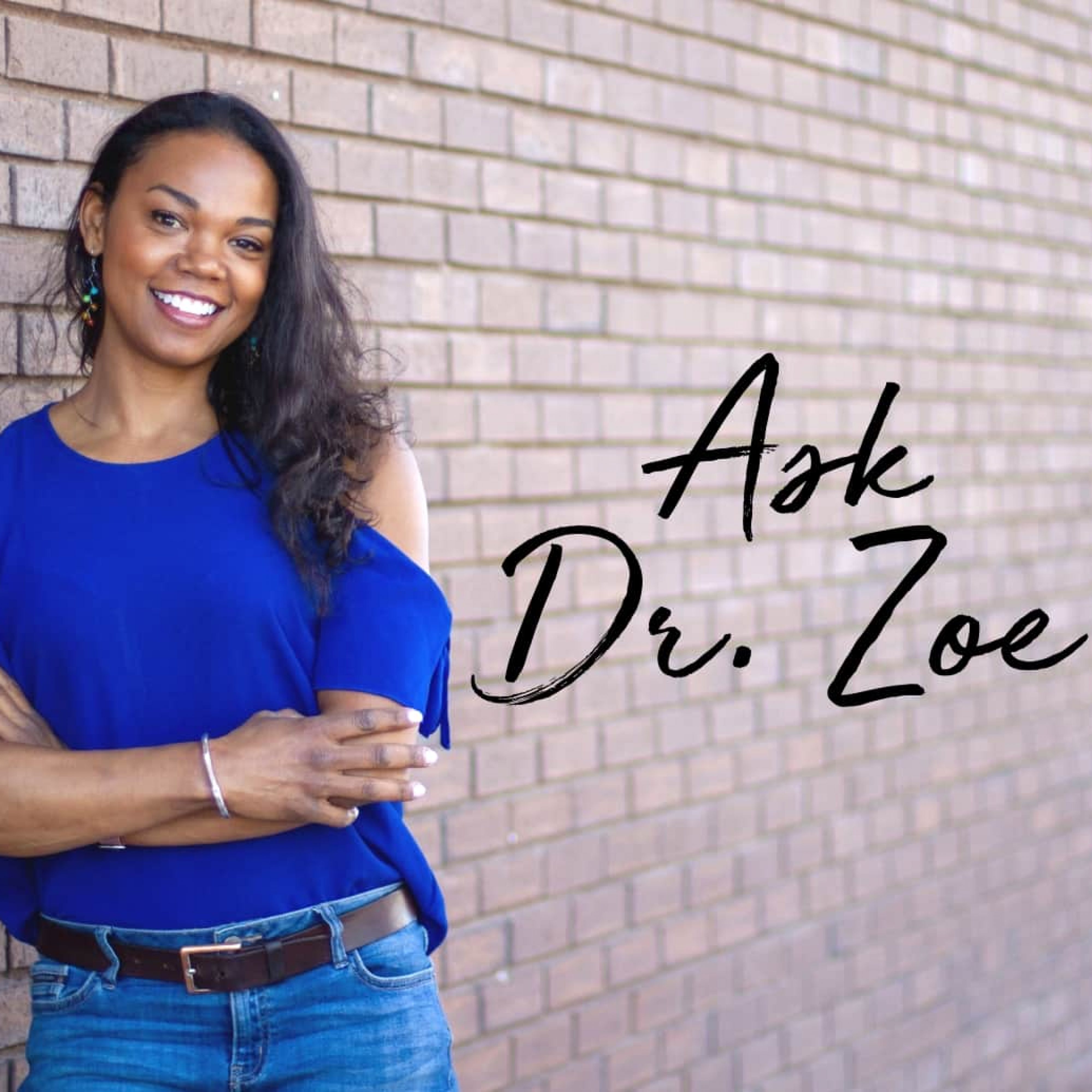‘Talenkynic Dromdfrevc’ Asked:
Hi there, I don’t think I react to crises the same way as others; I become detached and unemotional. I think I may have suffered multiple traumas before I was able to process. I now pastorally care for many people and think I need to work through it but don’t know how to start. Any suggestions?
Dr. Zoe Answered:
You think you may have suffered multiple traumas…
People who haven’t been traumatized don’t often wonder if they have—especially “multiple times.” This tells me that you need to figure out what happened to you—or acknowledge what you already know.
Yes, your reaction may be a trauma response. It may not be, but it isn’t the healthiest response, and you already know that. As a leader/healer, you are tasked with holding other’s pain, trauma, and drama, and it can certainly trigger your own, especially if you haven’t dealt with it.

It is important to be keenly aware of your issues so that you can be prepared and have insight if you respond in a way that seems emotionally incongruent. Knowing your issues will allow you to discern when you need to care for yourself more or even step away and delegate the task.
Two books that can help you understand the effects of trauma on your brain and what you can do about it are:
The Body Keeps the Score: Brain, Mind and Body in the Healing of Trauma by Bessel Van Der Kolk, MD. There is also an accompanying workbook that you should use as you read this book by the same title.
What Happened To You? Conversations on Trauma, Resilience and Healing by Bruce De Perry, M.D. and Oprah Winfrey.
Reading them may be a helpful first step, but warning—books that talk about trauma can act as a trigger themselves, so it’s best to work with someone alongside your reading of these books.
I applaud your efforts and desire to journey through your history to address any deeply buried issues. This process can get a bit messy before it gets better, but the benefits gained will create healing ripple effects in your life and your ministry.
You’ve got this! It just takes a little grit and grace.
This article contains affiliate links; meaning, at no additional cost to you, Grit and Grace Life will receive a small commission if you purchase through these links.
—
One of the healthiest things we can do as strong women is set boundaries. Listen to this podcast episode to learn how: Want to Be a Strong Woman? Set Healthy Boundaries – 103













